Germany considers troop deployment to Greenland amid NATO tensions
- Update Time : Thursday, February 6, 2025
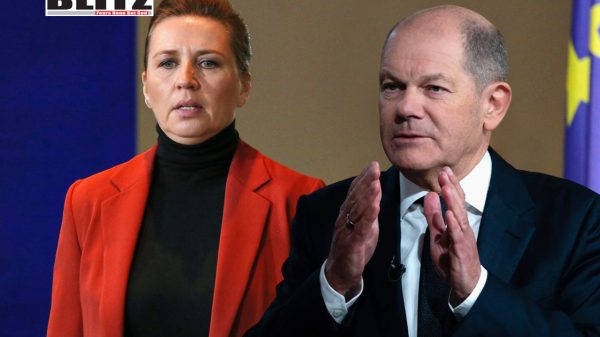
Germany is reportedly prepared to send troops to Greenland as part of a proposed NATO mission aimed at countering President Donald Trump’s push for US sovereignty over the strategically significant Danish territory. According to Der Spiegel, discussions among European NATO members are intensifying over the potential deployment, as concerns grow about the geopolitical ramifications of Trump’s ambitions.
Trump has framed his bid for Greenland as a national security priority, asserting that the United States must secure stronger control over the Arctic amid increasing competition with Russia and China. The region’s vast reserves of raw minerals, made more accessible due to climate change, have further fueled US interest. Trump’s rhetoric has signaled an aggressive approach, with indications that military force and economic coercion could be on the table to pressure Denmark, a long-standing NATO ally, into submission.
In an effort to preempt any unilateral US move, EU leaders and NATO Secretary General Mark Rutte convened on February 3 to deliberate on a bolstered NATO presence in Greenland. According to Der Spiegel, the European members of the alliance view this as a critical step to dissuade Trump from pressing ahead with his claims. Rutte has publicly emphasized NATO’s commitment to collective security and shared geopolitical challenges, signaling that Europe intends to push back against any attempt by Washington to claim exclusive rights over the island.
Marie-Agnes Strack-Zimmermann, chairperson of the German parliamentary defense committee, expressed unequivocal support for deploying German troops to Greenland, stating that such a move would reinforce NATO’s stance against the Trump administration’s unilateral claims.
“The United States does not have sole ownership over the future of Greenland. If we allow this kind of maneuvering to go unchecked, we risk setting a dangerous precedent,” Strack-Zimmermann told Spiegel.
Conversely, some European politicians have dismissed the idea. German MEP Hannah Neumann has criticized the proposed NATO operation, describing it as a reactionary measure to what she perceives as an irrational policy pursuit by Trump.
“This is not a rational response to Trump’s fantasies,” Neumann remarked. “Greenland is not for sale, and we should not let impulsive American posturing dictate European defense strategies.”
Despite mounting pressure, Denmark has made it clear that it has no intention of ceding sovereignty over Greenland. A recent opinion poll conducted on the island revealed that only 6 percent of residents support aligning with the United States, demonstrating an overwhelming desire to remain under Danish governance.
In response to Trump’s push, Copenhagen has launched several initiatives to reinforce Greenland’s cultural identity and national ties to Denmark. Additionally, the Danish government is implementing legislative measures to curb foreign political influence on the island, including a ban on foreign political donations related to Greenland.
Danish Prime Minister Mette Frederiksen has reiterated that Greenland’s status is not up for negotiation, stating, “The idea that Greenland could simply be bought or taken is absurd. Greenland belongs to the people of Greenland.”
While Moscow has refrained from directly taking sides in the Greenland sovereignty debate, it has voiced broader security concerns. Russian officials argue that increased NATO militarization in the Arctic, including a potential German troop deployment, could further destabilize the region and lead to an arms race.
Vladimir Barbin, Russia’s ambassador to Denmark, underscored these concerns in a recent interview, referencing the 1951 treaty that grants the US unrestricted military access to Greenland. He warned that NATO’s expanding Arctic presence could have serious security implications for Russia, potentially necessitating military countermeasures.
“The militarization of the Arctic undermines regional stability,” Barbin stated. “Russia will be compelled to adjust its strategic calculations in response to any escalation.”
The United States has maintained a military foothold in Greenland since 1941, when Denmark was under Nazi occupation. Following Denmark’s accession to NATO in 1949, efforts to remove U.S. forces from the island ceased. Today, the US operates the Pituffik Space Base (formerly known as Thule Air Base), a key Arctic military installation that plays a crucial role in missile detection, space surveillance, and strategic deterrence.
If NATO moves forward with a joint deployment, it could mark a significant shift in the island’s security landscape. A multinational military presence on Greenland would not only reinforce European resistance to Trump’s territorial ambitions but also reshape the Arctic power dynamic at a time of escalating tensions with Russia and China.
The Greenland controversy underscores the growing strategic importance of the Arctic in global politics. Climate change has unlocked new economic and military opportunities in the region, drawing increased attention from global powers. The US, Russia, and China are all vying for influence in the Arctic, each pursuing its own vision for the future of the resource-rich frontier.
Trump’s push for sovereignty over Greenland adds another layer of complexity to this geopolitical contest. If his administration moves forward with an aggressive approach-whether through diplomatic pressure, economic incentives, or military threats-it could lead to a major rift within NATO, as European allies scramble to counterbalance US claims.
Furthermore, an expanded NATO presence in Greenland would likely provoke a reaction from both Moscow and Beijing. Russia has already voiced its opposition to further Western militarization of the Arctic, while China, which has previously expressed interest in Arctic trade routes and resource exploration, may see NATO’s involvement as an encroachment on its own long-term ambitions.
Germany’s potential deployment to Greenland represents a pivotal moment in NATO’s strategic recalibration. As Trump intensifies his efforts to claim sovereignty over the island, European allies are moving to block Washington’s advances, setting the stage for a diplomatic standoff that could have lasting consequences for Arctic security.
For Denmark, the challenge will be to navigate the growing tensions while maintaining Greenland’s autonomy and resisting external pressures. For NATO, the stakes are even higher, as the alliance struggles to maintain unity in the face of internal discord and external threats.
With Arctic geopolitics heating up, Greenland may soon find itself at the center of a new great power struggle-one that could redefine the balance of power in the North Atlantic for years to come.



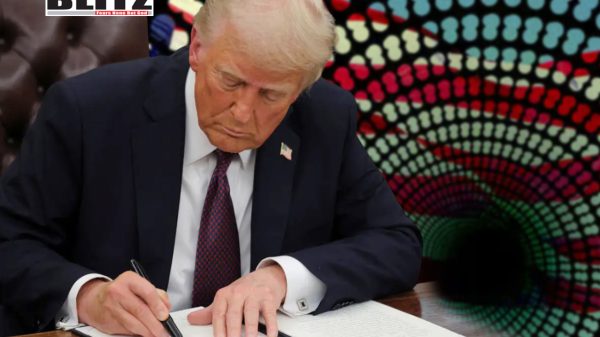
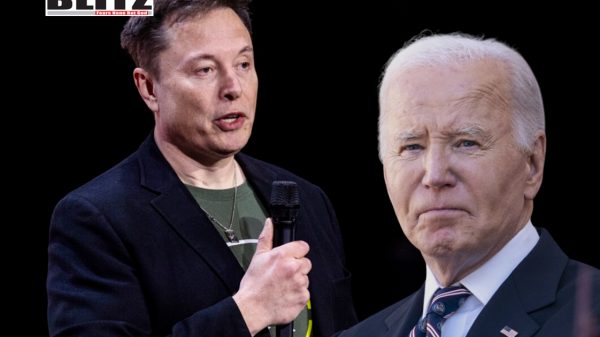

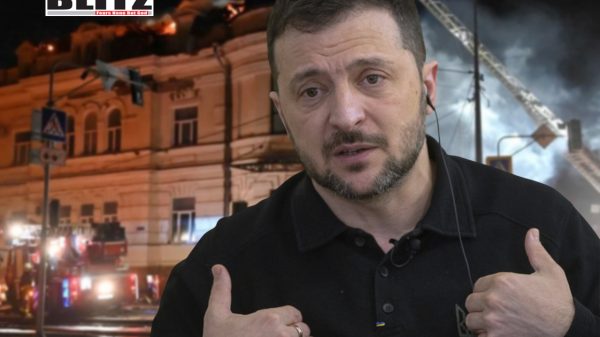
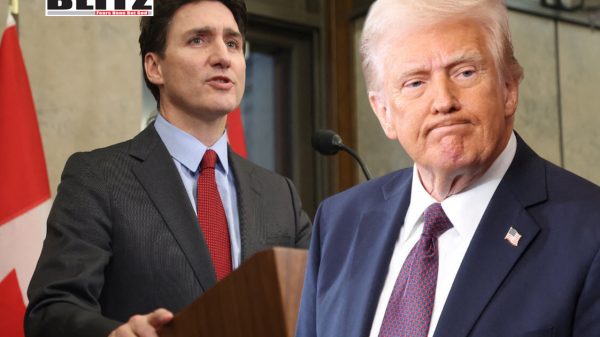

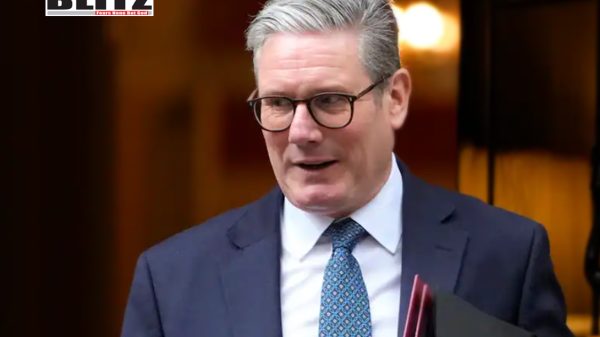

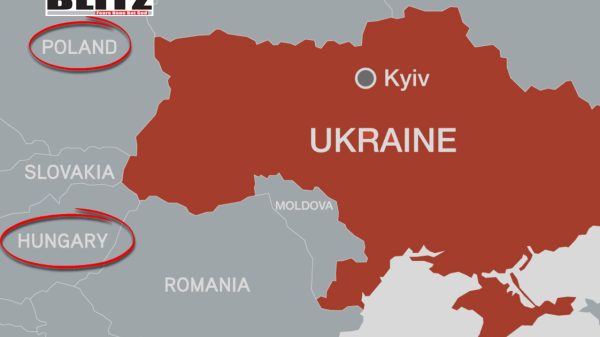

Leave a Reply